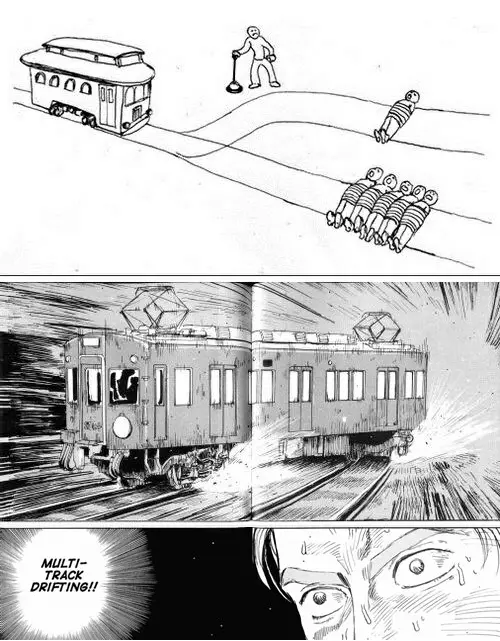

If you have the docker-compose.yml locally, you can nix run github:aksiksi/compose2nix to translate it into a nix file for inclusion in your nixos system config. I think that could be done in the config itself with a git url but I’m not that great at nix. You will surely still need some manual config to e.g. set environment variables for paths and secrets.






That’s a biblically accurate implementation if ever I’ve seen one.